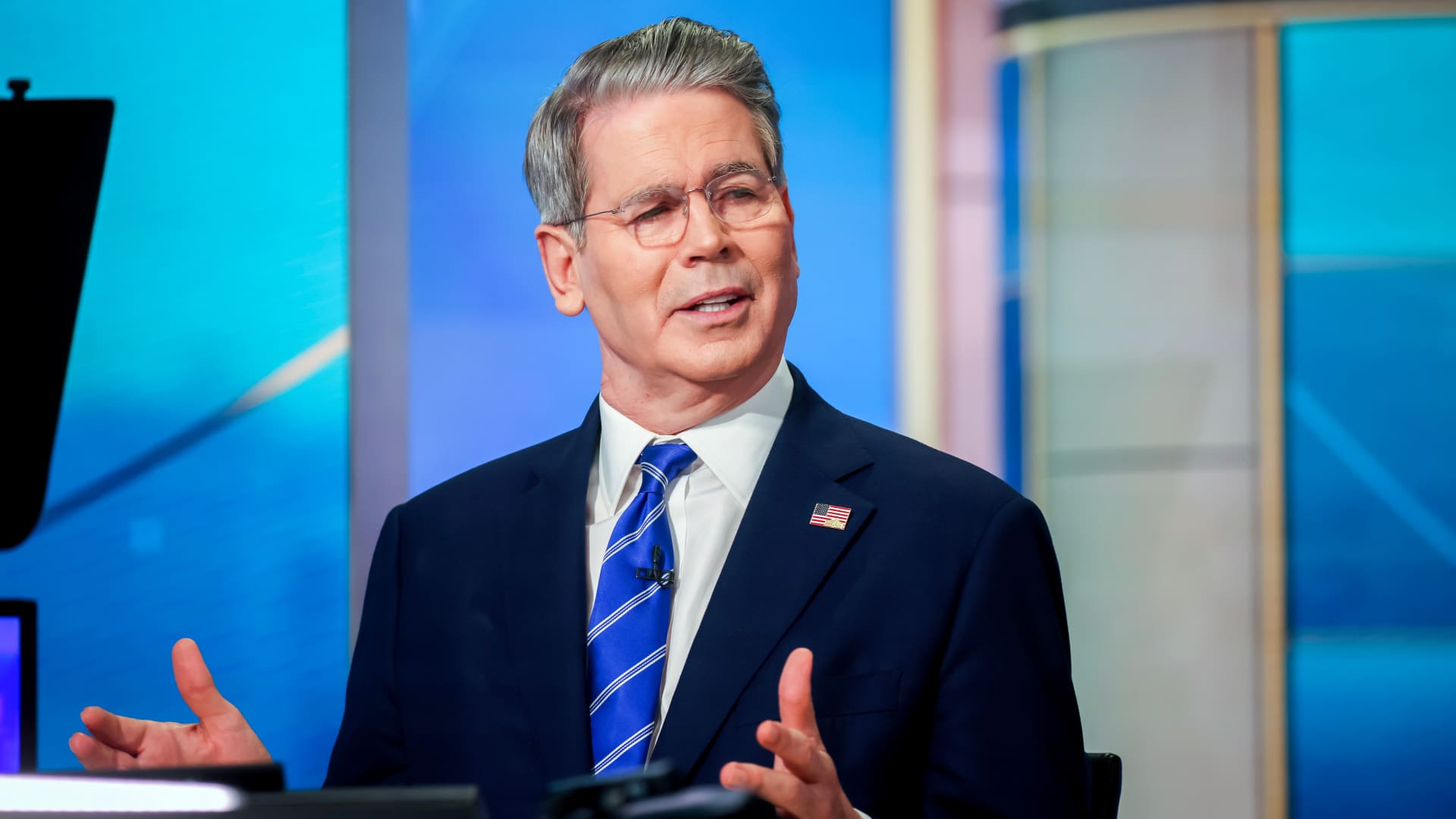The Syrian transitional government has announced that it will remain in power until at least March, according to recent statements by officials. The announcement comes amid ongoing political instability and discussions about the future direction of the country’s governance. The transitional government, which was formed following a ceasefire agreement between rival factions, has been under pressure from both local and international forces to ensure stability and pave the way for more democratic reforms.
The decision to extend the government’s mandate has sparked mixed reactions from various political groups and international stakeholders. Some factions within Syria support the continuation of the transitional government, arguing that it is necessary to maintain peace and prevent further escalation of the conflict. Others, however, have criticized the decision, claiming that it undermines efforts to establish a more inclusive political process and is a delay in achieving a lasting peace.
The Syrian civil war, which has been raging for over a decade, has left the country deeply divided, with multiple factions vying for control of different regions. The international community has long pushed for a political resolution to the conflict, but progress has been slow, with negotiations often stalled due to differing priorities among the various parties involved.
The Syrian transitional government was established as part of a broader agreement intended to create a platform for dialogue and negotiation between the warring factions. While the government has overseen a number of key reforms and peace-building initiatives, many Syrians remain skeptical about its ability to bring about lasting change. Humanitarian conditions in the country remain dire, with millions displaced and in need of assistance.
The extension of the transitional government’s mandate until March is seen as a temporary solution, with many hoping that it will provide enough time for further negotiations to take place. However, there are concerns that the delay could hinder the peace process and prolong the suffering of the Syrian people. As the situation unfolds, the international community continues to monitor developments, hoping for a breakthrough that will lead to a more sustainable peace in Syria.
While the extension of the government’s mandate offers some hope for stability, the path forward remains uncertain. The future of Syria will depend on the ability of its leaders to unite the country and address the underlying issues that have fueled the conflict for so many years.

